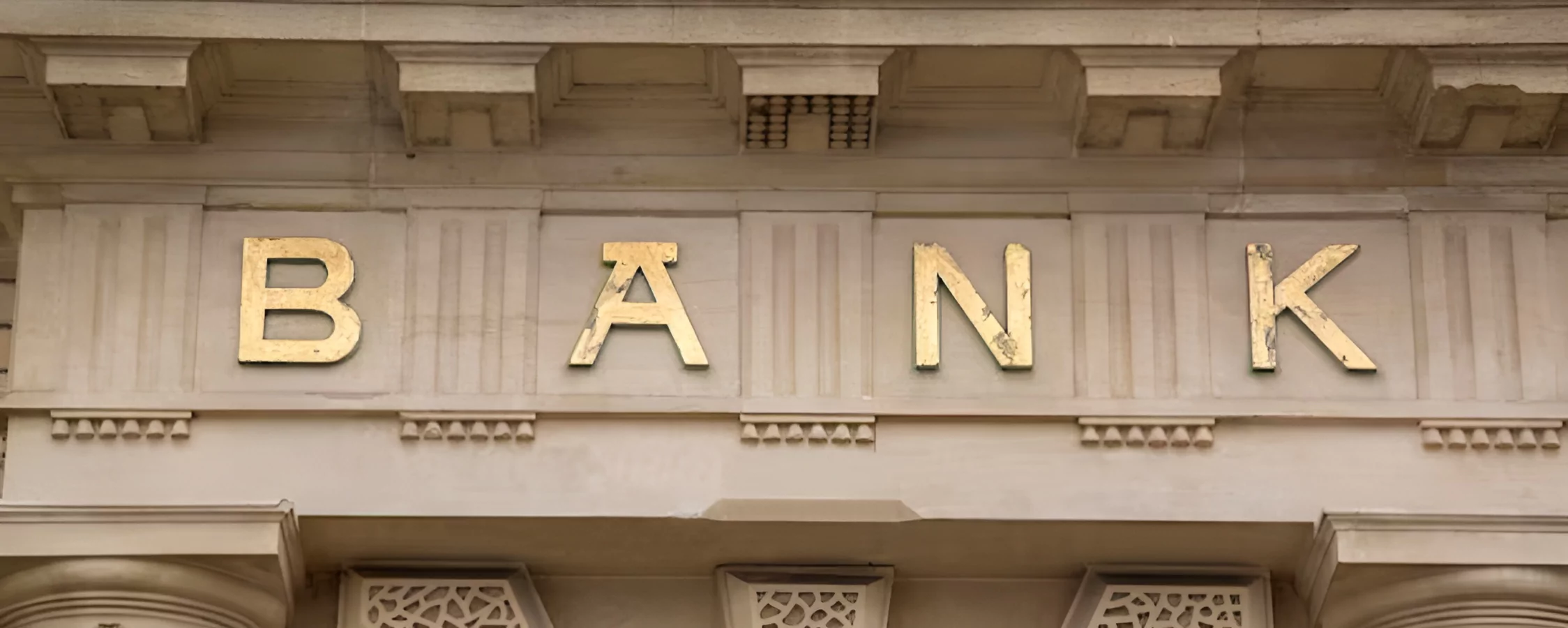Have you ever wondered who really owns your digital identity? Every time you sign in to an app, create a profile, or share personal details online, you’re handing over pieces of your identity to someone else—be it a tech giant, a small business, or a government agency. And let’s be honest, it feels like a tradeoff every time, right? You get the convenience of access, but your data could be stored, sold, or stolen.
Enter Decentralized Identity (DID), a game-changer in the digital world. It’s like putting yourself back in the driver’s seat when it comes to your online identity. In this article, we’re diving deep into how it works, why it matters, and how it could completely transform the way you interact online.
What Is Decentralized Identity?
Before we get into how it works, let’s break it down. Decentralized Identity (DID) is a concept where you, as an individual, own and control your digital identity without relying on a central authority.
Think about how traditional identities work today. Your personal details—name, birthdate, email, etc.—are stored in centralized databases like banks, social media platforms, or government registries. This comes with risks: data breaches, identity theft, and loss of privacy.
With DID, your identity is stored in a secure, decentralized way, often using blockchain technology or similar distributed ledgers. You control access to your data, deciding who can see it and when, with no middleman calling the shots.
How Does Decentralized Identity Work?
DID uses some cutting-edge technology to make this possible. Here’s a simple breakdown:
1. Decentralized Identifiers (DIDs)
At the heart of DID are decentralized identifiers—unique strings of characters that represent your identity. Unlike traditional IDs (like a driver’s license or email address), these are not tied to a central registry.
- How It Works: Think of a DID as your username, but instead of relying on Facebook or Google, it’s stored on a blockchain or distributed network.
- Example: A DID might look like this: did:example:123456789abcdef.
2. Verifiable Credentials (VCs)
Verifiable Credentials are digital versions of the documents or certificates you use in real life—like your passport, diploma, or membership card.
- How It Works: An issuer (like your university) provides you with a credential. You store it in a secure wallet and share it with others (like an employer) when needed.
- The Magic Part: VCs can be verified without the issuer being directly involved every time, thanks to cryptographic signatures.
3. Decentralized Identity Wallets
You might be wondering, “Where do I keep all these credentials and DIDs?” That’s where a Decentralized Identity Wallet comes in.
- How It Works: These wallets act like a digital filing cabinet for your credentials and DIDs. You can access them through an app on your phone or computer.
- Control: You decide who gets to see your information and for how long.
The Role of Blockchain in Decentralized Identity
Blockchain is a big deal in the world of DID. But why?
- Immutable Records: Blockchain creates a tamper-proof record of your identity without storing the actual data.
- Decentralization: No single entity controls the data, reducing the risk of breaches.
- Transparency: Every action (like issuing or verifying credentials) is logged securely.
But here’s the cool part: Not all DIDs rely on blockchain. Other distributed ledger technologies (DLTs) or even non-DLT solutions can support decentralized identity systems.
Why Does Decentralized Identity Matter?
Alright, so decentralized identity sounds great, but why should you care? Let’s look at some real-world benefits:
1. Privacy and Security
- No more handing over your data to third parties.
- Reduced risk of identity theft, thanks to cryptographic security.
2. Control and Ownership
- You decide who gets access to your data.
- You can revoke access at any time.
3. Interoperability
- Credentials can be used across platforms and borders.
- No need to create separate accounts for every service.
4. Reducing Fraud
- Verifiable credentials make it harder for scammers to forge documents or impersonate you.
Real-World Applications of Decentralized Identity
Above is the Top Industry Leaders in the Decentralized Identity Market
DID isn’t just a theoretical concept—it’s already being used in some pretty amazing ways:
1. Digital Identity for the Unbanked
In developing countries, millions of people don’t have formal identification. DID allows them to create a digital identity and access services like banking or healthcare.
2. Secure Online Authentication
Say goodbye to passwords! With DID, you can log in to websites and apps using your decentralized identity, making it both easier and safer.
3. Streamlined Hiring Processes
Imagine sharing your diploma or work history with a potential employer instantly, without paperwork or waiting for verification.
4. Healthcare Records
With DID, you can securely share your medical history with doctors, clinics, or insurance companies—only when you choose to.
5. IoT Devices
Even devices can have decentralized identities, enabling secure communication between smart gadgets in your home or office.
Challenges Facing Decentralized Identity
Of course, no technology is perfect, and Decentralized Identity (DID) is no exception. One of the biggest challenges is adoption. Since DID is a relatively new concept, it will take time to get both individuals and organizations on board. Many people are still unfamiliar with the technology, and businesses may be hesitant to change their existing systems.
Another issue is complexity. Let’s face it—blockchain, cryptographic signatures, and decentralized identifiers can feel overwhelming for the average user. Creating user-friendly interfaces and simplifying processes will be crucial for widespread adoption.
Additionally, regulation poses a significant challenge. Governments need to figure out how to integrate decentralized identity into existing legal frameworks while protecting user privacy. Finally, scalability remains a concern. The question is: can DID systems handle billions of users and devices efficiently as demand grows?
How to Get Started with Decentralized Identity
If you’re ready to take control of your digital identity, the first step is to explore decentralized identity wallets. These wallets act as the hub for your decentralized identifiers and verifiable credentials. Once you’ve chosen a wallet, you can set up your DID by following the provider’s instructions, which usually involves generating a unique identifier that’s securely stored.
From there, you’ll want to start collecting verifiable credentials. These could include digital versions of your ID, educational certificates, or even professional memberships. Once you’ve built up your digital identity, you can start using it on platforms or services that support DID. It’s not just about storing your data—it’s about actively using your identity in a way that’s secure, private, and entirely in your control.
The Future of Decentralized Identity
The future of Decentralized Identity is incredibly promising. As more people and organizations embrace this technology, we could move away from the centralized systems that dominate today. Imagine a world where your identity isn’t tied to a single company or government but instead belongs solely to you.
DID’s potential goes beyond just individuals. Businesses, governments, and even devices can benefit from secure and interoperable identity systems. As the technology evolves, it could reshape industries like healthcare, finance, and education. The possibilities are endless, but the ultimate goal remains the same: empowering individuals to own and control their digital identities.
Conclusion
Decentralized Identity is more than just a futuristic idea—it’s a practical solution to many of the challenges we face in the digital age. By giving individuals control over their personal data and eliminating the need for centralized intermediaries, DID has the potential to transform how we interact online.
While there are hurdles to overcome, such as adoption and scalability, the benefits of DID far outweigh the challenges. It’s a step forward in ensuring privacy, security, and ownership of our digital lives. So, whether you’re a tech enthusiast or just someone tired of handing over your data, DID offers a glimpse into a better, more secure digital future.













